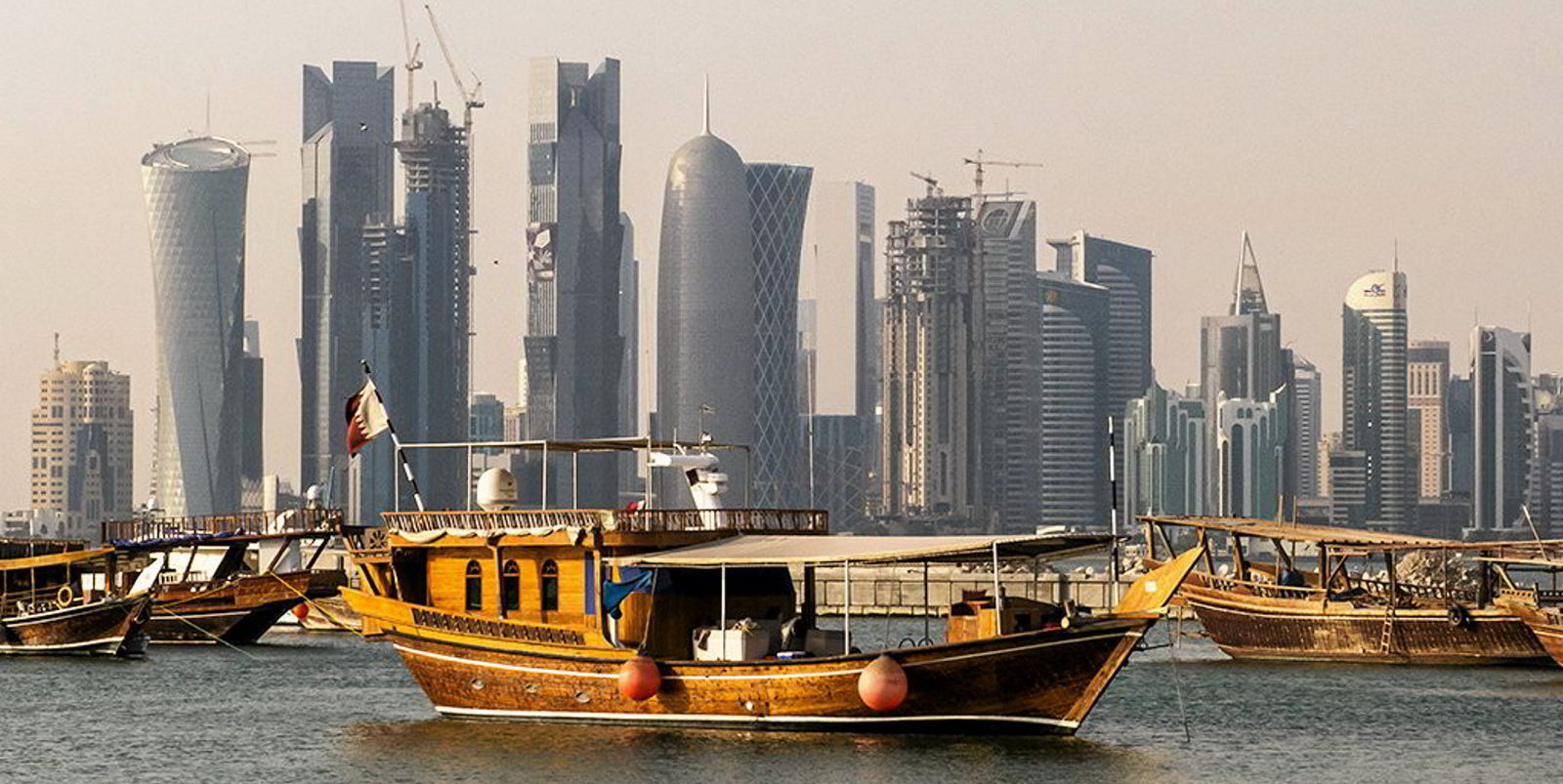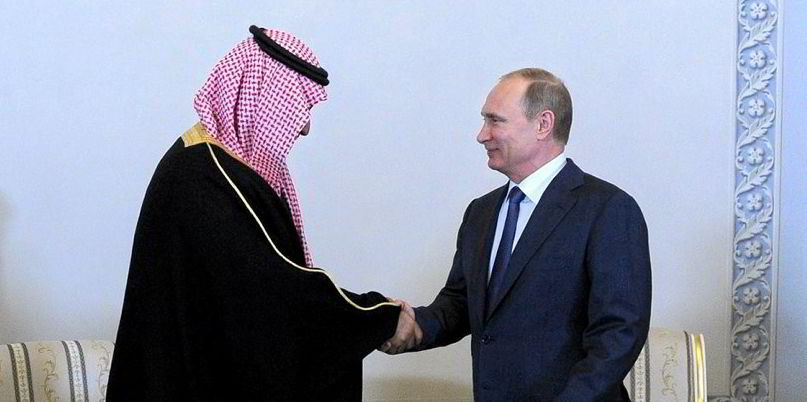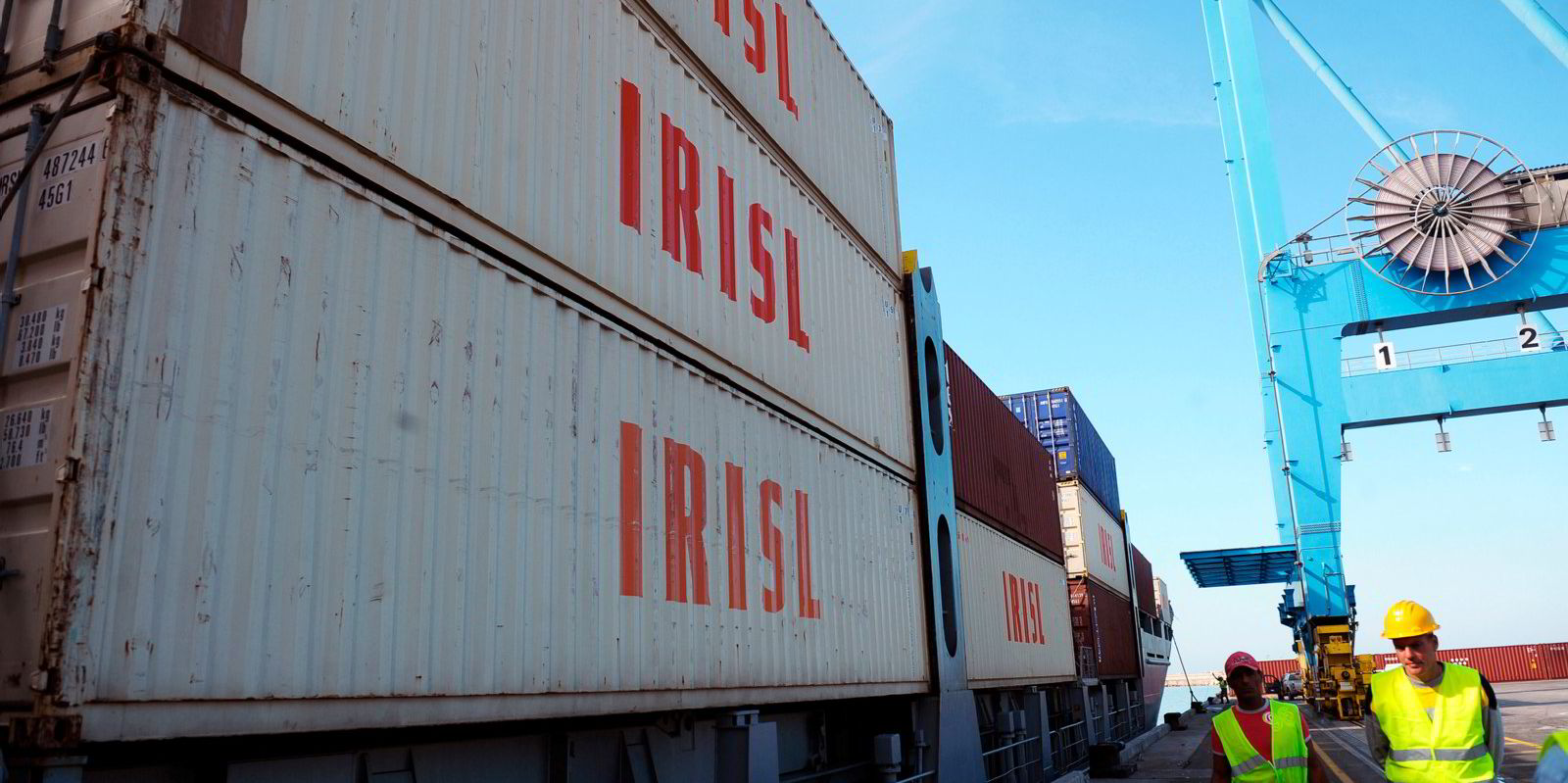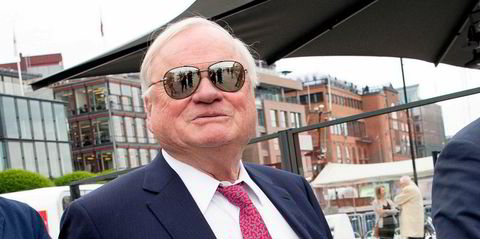Qatar was welcomed back in from the cold at a Gulf Co-operation Council (GCC) summit held in the Saudi Arabian city of Al-Ula.
The agreement to lift the three-and-a-half-year blockade by Saudi Arabia and its regional allies — the United Arab Emirates, Egypt and Bahrain — was hailed as major diplomatic triumph in the troubled region, although many observers have questioned what solutions to the cause of the rift have been achieved.
For the shipping industry, it once again allows regional offshore vessel operators to participate in Qatar’s lucrative offshore sector, while other industry sectors no longer face disruptions caused by bans by the four states on vessels calling in Qatar.
In a joint statement on Tuesday, the leaders of member states of the GCC said the Al-Ula agreement aimed to strengthen unity and cohesion among members and "the return of joint Gulf action to its normal course".
Egypt, which is not part of the GCC, also signed the agreement.
Details lacking
Few details on the contents of the agreement were released. Statements talked of brotherly unity, but made no mention about solutions to the gripes that Saudi Arabia and its allies had with Qatar over its alleged support for radical Islamist groups in the region and increasingly close ties with Iran.
As UK broadsheet the Guardian reported, “Wins from the three-year dispute, which saw Saudi Arabia, and the rest of the GCC oust Qatar from the alliance amid a list of seemingly unmet demands, are hard to define”.
Qatar had been isolated since mid-2017, when the Saudi-led boycott saw transport and business links abruptly severed.
For shipping, the blockade was felt strongest in the offshore sector as regional offshore players were immediately forced out of Qatar, which is one of the largest and most lucrative offshore oil and gas markets in the Middle East Gulf.
The liner sector was also seriously affected as mainline and inter-gulf feeder operators were forced to cut calls at Qatar out of their regional loops. Qatar-bound cargoes had to instead be feedered thorough Sohar in Oman, and Colombo in Sri Lanka.
A senior executive at a large Dubai-based offshore company told TradeWinds that his company looked forward to returning to Qatar, but expressed concern that an immediate return may not be possible.
He noted that regional offshore players were precluded from taking part in the many tenders that have taken place for the first phase of Qatar’s $50bn mega-expansion of its North Field — the world’s biggest single non-associated natural gas field — and would probably have to wait until the next phase begins in 2023.






